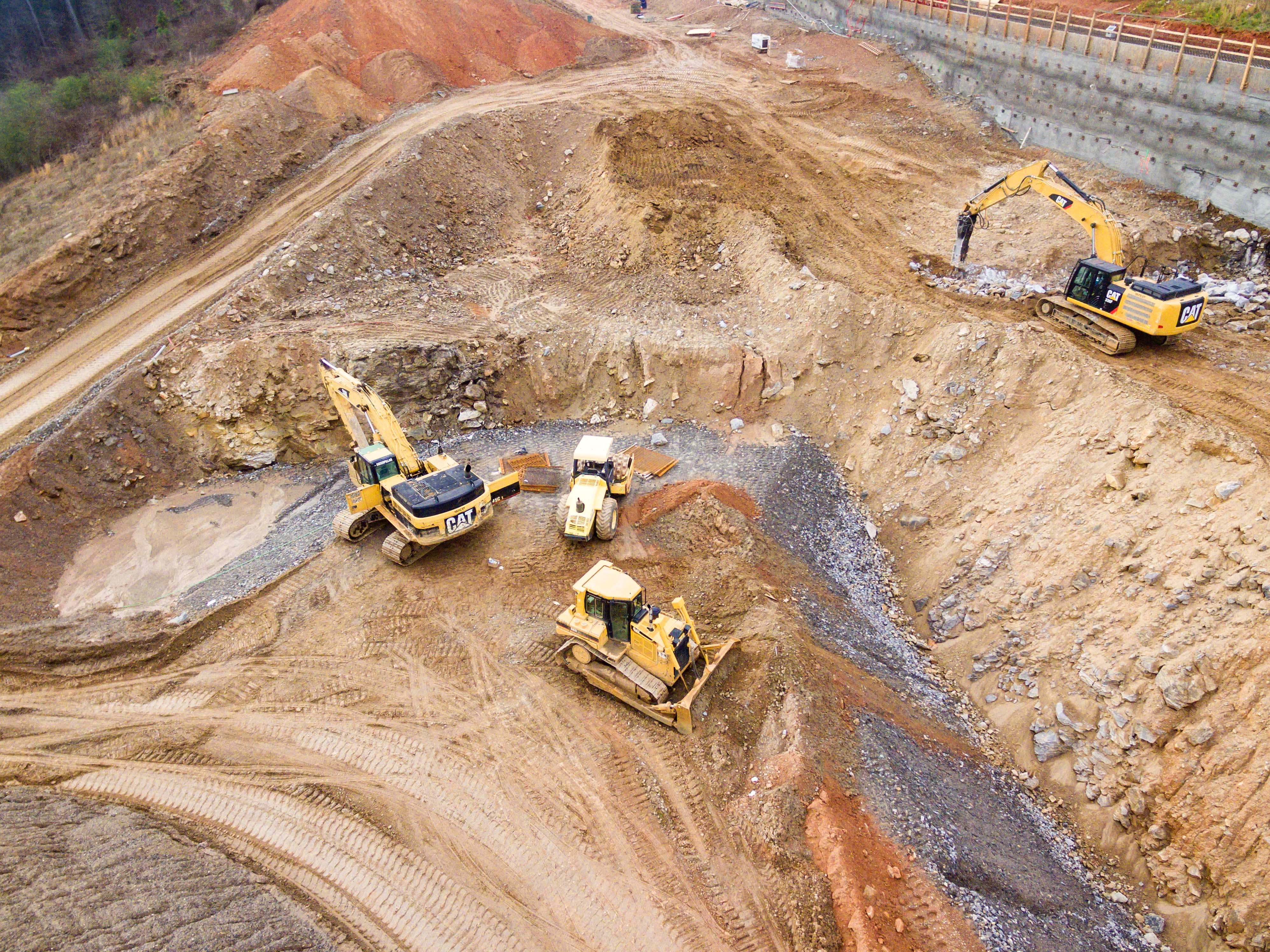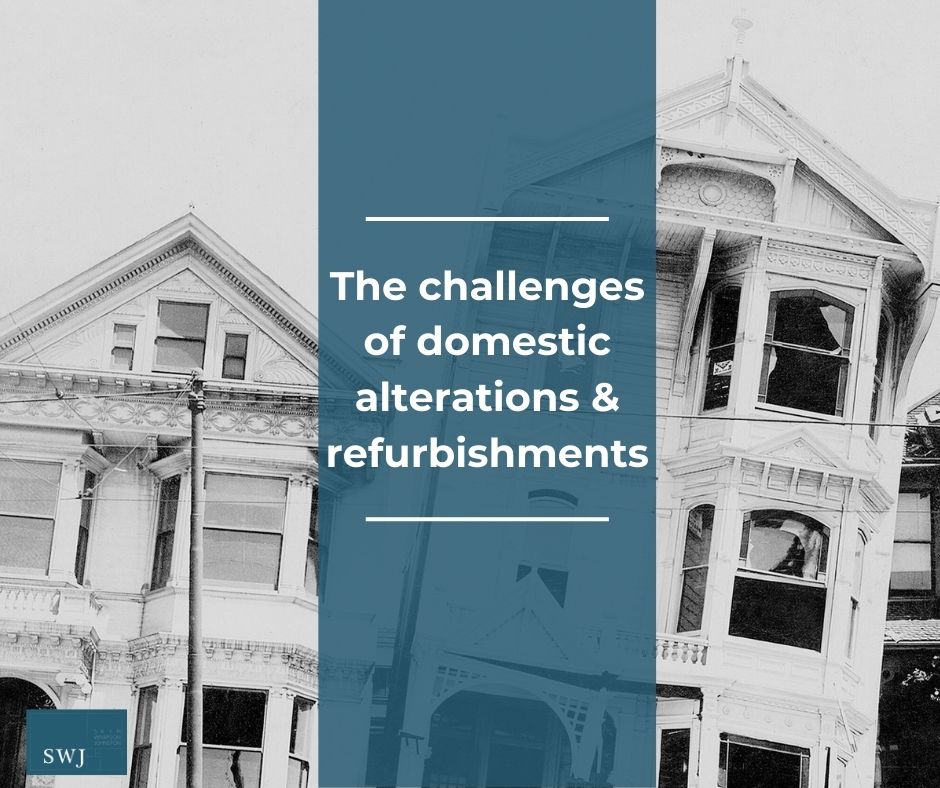With less than one year until the UK leaves the European Union, do we have a clearer idea of how the construction industry will be affected?
The Royal Institute of Chartered Surveyors (RICS) have created what they are calling, ‘a one-stop-shop’ for everything that Brexit could affect within the construction industry.
RICS says, ‘Our approach is to help create the conditions for a built environment sector that is vibrant, sustainable and resilient to shocks’ and so this infographic is designed to highlight the biggest risks of Brexit for business:
What are the risks of Brexit to construction, in short?
According to Construction News, with a ‘soft’ Brexit, when the UK leaves the customs union but retains status within the free market for movement of goods and people, the contributions from construction to the UK GDP would still decline by 3.5%. Apparently, the largest sector decline of all. This compares to a huge 8.2% in a hard Brexit scenario.
Why would the GDP contributions drop?
Quite simply, the workforce that supports the construction industry come largely from outside the UK. Even with free movement of people for industry, the changes expected would put pressure on wages and contributions of firms to employ.
Higher project costs are thought likely to contribute to the decline in the GDP contributions, as well as a possible reduction in workforce supply.
Other risks include the loss of access to vital funding. ‘The (Cambridge Econometrics) report also highlighted that the UK had benefited from €7.8bn of European Investment Bank investment in infrastructure projects and that SMEs received €666m in European Investment Fund loans during 2015 alone.
The country will lose access to both of these funding sources after Brexit, the study noted, which could “significantly impact the ability of firms to deliver big infrastructure projects such as HS2 and reduce development opportunities for start-ups”.’ Construction News
Then there are practical delays, involving the import of materials to be taken into consideration, again inflating costs for construction firms.
Is there any hope for construction after Brexit?
Ever the optimists and forever supportive of what is really a thriving industry, we believe that while commercial construction may take a hit, it can be considered a silver lining that domestic building and infrastructure can flourish in a post Brexit UK, and as Will Waller of Arcadis recently said, firms will be moved to think in more depth about their future projects and methods of supply. ‘We’re all going to have to think about our projects in terms of: do we need to change our procurement, do we need to stockpile materials. And that planning needs to start now.’




